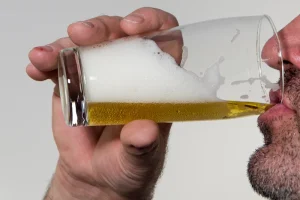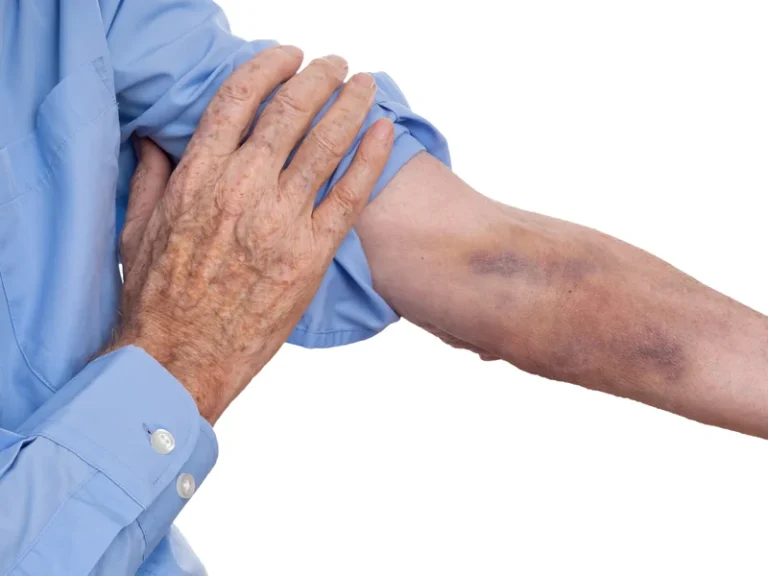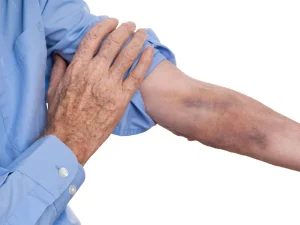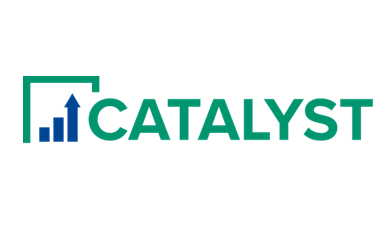
Relapse prevention is a critical component in managing conditions1 like major depressive disorder, anorexia nervosa, substance use disorders, and other medical conditions. Relapse prevention is a skill that takes dedication and following relapse prevention strategies. You can achieve this by recognizing your triggers and developing healthy coping skills.

History and Development of Relapse Prevention

These supporters can provide much-needed emotional support, guidance, and accountability when they’re most needed, such as after a triggering event. Regularly engaging with supportive people helps reinforce positive behaviors and provides a safety net during challenging times. Marlene is passionate about health equity and reducing disparities to ensure that high-quality care is accessible to everyone.

Common Challenges and How to Overcome Them
Certain people, places, and situations can drive you back into drinking or using drugs again. During this phase, a person may experience intense difficulty with conflicting thoughts and desires. They may feel like some part of them wants to use drugs what is relapse, and give 3 skills for preventing it from happening. or alcohol while another part tries to fight these urges. Recovering from physical dependence and withdrawal symptoms as a result of AUD or SUD is not a quick or easy process and learning to manage the desire to use takes time.
- It can be a good idea to list as many techniques as possible, as you may find that different situations require different approaches.
- Addiction recovery can be a challenging process and involves more than just abstaining from substances.
- Breathing greatly impacts your emotions and helps regulate your overall mood.
- Getting appropriate treatment for co-occurring mental health and medical conditions can also help reduce your risk of relapse.
- They are aimed at helping individuals maintain their recovery from addiction by identifying triggers, developing coping skills, and staying motivated.
Practice coping strategies for triggers
Jason is a strategist with many years of experience in healthcare finance, operations, and advocacy. Danielle has many years of experience in both outpatient and residential recovery settings. The more committed you are to the process, the more likely you’ll be to succeed. Recovery from drug and alcohol addiction can be a long and challenging process.

Developing an effective relapse prevention plan is an ongoing process that typically begins during treatment and continues throughout recovery. The initial plan can be developed in a few sessions with a therapist, but it should be regularly reviewed and adjusted as needed. Continued therapy, whether individual or group, provides ongoing support and accountability. Therapy helps individuals address underlying https://ecosoberhouse.com/ issues, develop new coping strategies, and stay motivated in their recovery. Exercise plays a crucial role in relapse prevention by providing physical and mental health benefits that support recovery. Mobile apps designed for relapse prevention offer a range of features that assist individuals in their recovery journey.
- It’s often easier to break down long-term goals into more manageable chunks, such as committing to a weekly support meeting and exercising 5x weekly.
- To live a life of honesty and integrity, while continuing to be of service in the behavioral health industry by providing guidance, resources and/or advocacy whenever possible.
- Jerry has over twenty years of experience as an executive with non-profit healthcare organizations.
- Despite its prevalence, working to prevent relapse is vital as it can mean the difference between life and death.
- However, relapse prevention skills should be implemented into each recovering person’s daily schedule and routine to prevent or reduce the risk of cravings.
- Lapses (a one-time return to addictive behavior) and relapses (a return to an addictive lifestyle) do occur.
- Since our goal is to help you stay sober for a long time, we’ll discuss tools that you can use to build a strong foundation for your recovery.
- In 2019, Crystal accomplished earning her Master’s degree in Human Resources Management while being a mother of three.
- Melissa holds a Bachelor’s Degree in Criminal Justice and a Master’s Degree in Communications with a concentration in Public Relations.
- He has been working in mental health for over a decade in a variety of different patient centered roles.
RP is essential because relapse rates are high, with studies indicating that approximately 40-60% of individuals in recovery will experience a relapse. The main goals of RP include enhancing self-control, reducing the likelihood of relapse, and improving overall well-being. Addiction is a chronic disease, and its treatment requires deep-seated changes in behavior. These rates are comparable to other chronic illnesses such as hypertension and asthma. If people stop treatment for these conditions, they are likely to relapse (have a return of symptoms or worsening of their condition). Emotional relapse refers to experiencing negative emotions that can lead to relapse.
